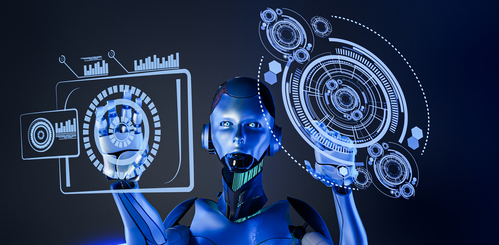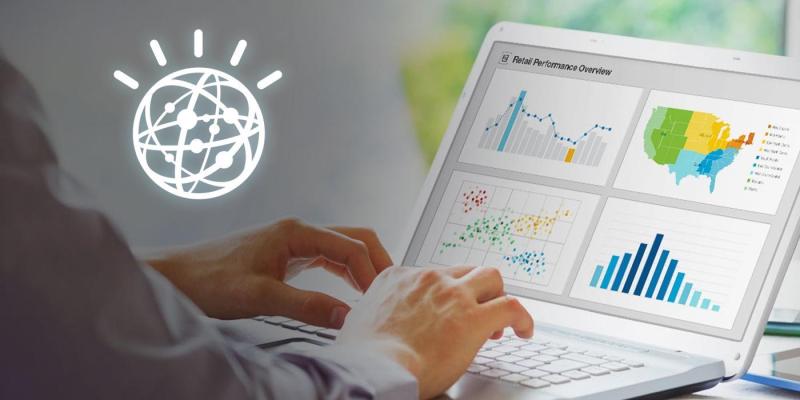Ways Digital Transformation is Changing Customer Experience
3AI September 3, 2024

Featured Article
Author: Sidhartha Shishoo, SG Analytics
In today’s hyper-connected world, digital transformation has become more than just a buzzword—it’s a strategic imperative for businesses across sectors. As companies strive to meet evolving customer expectations, they’re leveraging technology, analytics, and AI to reshape the customer experience landscape. Let’s explore how this digital revolution is unfolding and what it means for both businesses and consumers.
The Power of Digital Services
As published by McKinsey Insights across industries, companies that successfully execute customer-centric strategies reap significant benefits. Satisfied customers not only spend more but also exhibit deeper loyalty. They create conditions that allow companies to operate more efficiently, leading to higher levels of employee engagement. In this context, delivering digital services and operations has emerged as a prime driver of change.
Consider digital pure plays like Amazon, Apple, and Uber. These companies continuously reinvent themselves by providing simple, immediate, and personalized experiences. But it’s not just the tech giants—traditional business-to-business players are also making bold moves. Even sectors like chemicals and steel are building dynamic shared digital ecosystems around customer needs.
Evolving Customer Expectations
Customers, fueled by digital-first disruptors and those playing catch-up, now expect more digital solutions. As per the recent study:
Speed and Convenience: Three-quarters of online customers expect help within five minutes. They’ve also embraced comparison services for consumer goods and trust online reviews as much as personal recommendations.
Functionality Matters: 70% of app users prefer added functionality over mere aesthetics (“look and feel”). Customers want apps that do more than just look good—they want tangible value.
Custom Content Wins: 61% of customers are more likely to buy from companies that deliver custom content. Personalization matters, whether it’s tailored recommendations or targeted marketing.
The Next-Generation Operating Model
Rethinking Traditional Approaches
To thrive in this rapidly changing landscape, companies must abandon traditional ways of working. Here’s how: Customer-Centricity: Instead of optimizing internal capabilities, organizations should orient themselves around customer needs and wants. Silos within the organization hinder cross-functional collaboration, so breaking down those barriers is crucial.
Integrated Digital Capabilities: Companies need to combine digital technologies and operating capabilities seamlessly. This integration allows for speed, agility, efficiency, and precision. It’s not just about having the latest tech; it’s about using it effectively.
Recent Strategic Developments
Apple: Continues to enhance its ecosystem with seamless integration across devices. From Apple Pay to personalized recommendations in the App Store, they prioritize user experience.
Amazon: Beyond e-commerce, Amazon Web Services (AWS) dominates cloud computing. Their customer-centric approach extends to services like Prime, Alexa, and Amazon Go stores.
Uber: Revolutionized transportation through its app-based platform. Now, Uber Eats and Uber Freight expand their reach.
Summary
Digital transformation isn’t an option; it’s a necessity. Companies that embrace it will thrive, while those resistant to change risk falling behind. By putting the customer at the center and leveraging digital tools effectively, businesses can create lasting competitive advantages.
Title picture: freepik.com






